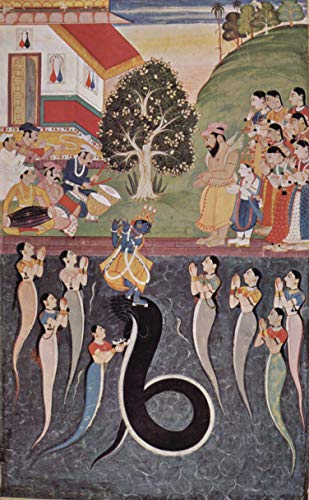Many men walk by day; few walk by night. It is a very different season. Instead of the sun, there are the moon and stars; instead of the wood thrush, there is the whip-poor-will; instead of butterflies, fireflies, winged sparks of fire! who would have believed it?
What kind of life and cool deliberation dwells in a spark of fire in dewy abodes? Every man carries fire in his eye, or in his blood, or in his brain. Instead of singing birds, the croaking of frogs and the intenser dream of crickets. The potatoes stand up straight, the corn grows, the bushes loom, and, in a moonlight night, the shadows of rocks and trees and bushes and hills are more conspicuous than the objects themselves. The slightest inequalities in the ground are revealed by the shadows ; what the feet find comparatively smooth appears rough and diversified to the eye . The smallest recesses in the rocks are dim and cavernous; the ferns in the wood appear to be of tropical size ; the pools seen through the leaves become as full of light as the sky.
"The light of day takes refuge in their bosom," as the Purana says of the ocean. The woods are heavy and dark. Nature slumbers . The rocks retain the warmth of the sun which they have absorbed all night.'


